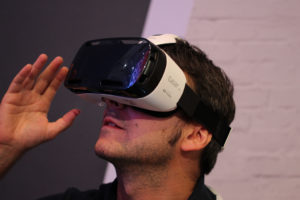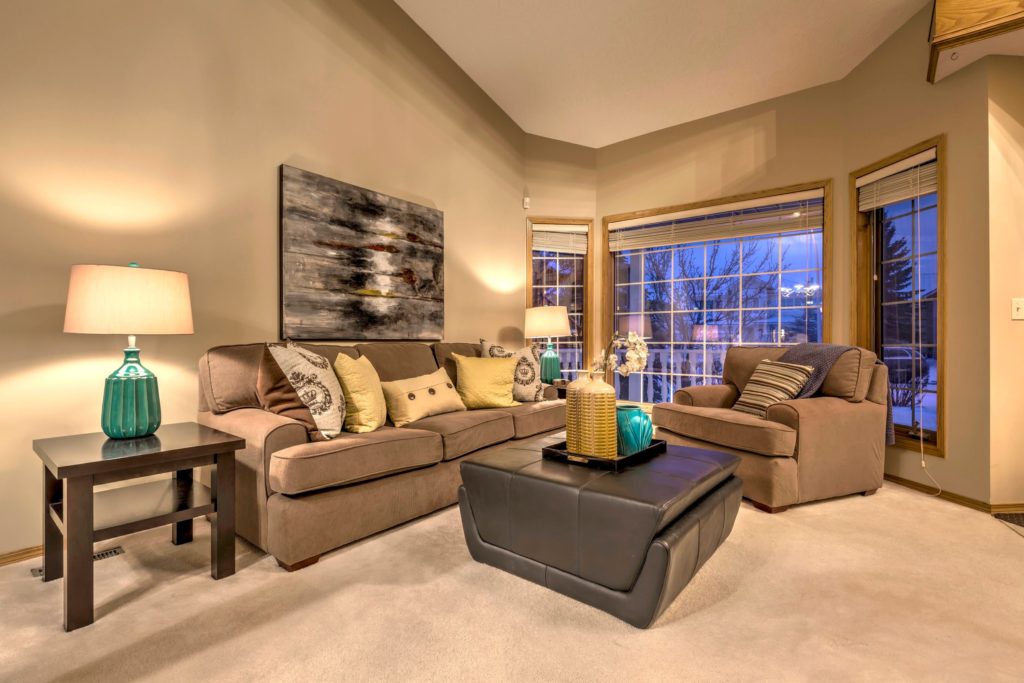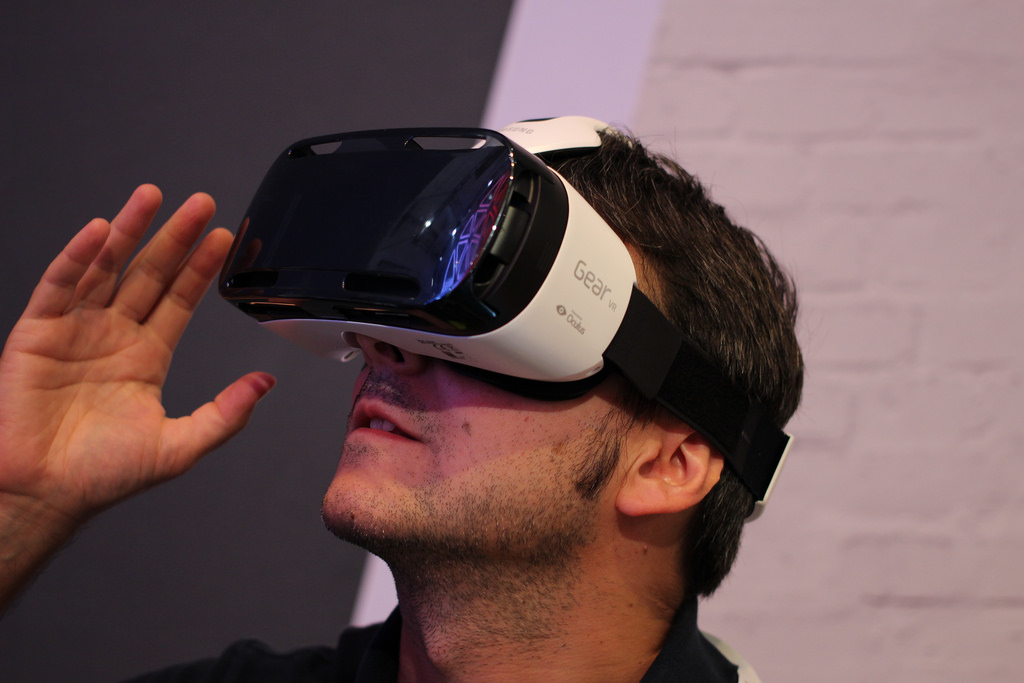With the increase in the awareness in VR especially in the world of gaming, several other industries are turning their gaze towards virtual reality. The transformation that VR tech has had on gaming is enormous; gamers who have played RIG, or EVE: Valkyrie in VR will understand how profoundly VR has influenced gaming. However, VR is only still growing in popularity with only 35% of all gamers having knowledge of VR gaming. Considering the impact VR has had on gaming one can only have but one question in mind: what else can VR influence?

VR can obviously influence a whole lot of other industries such as medicine: psychiatrists currently using VR to help people with mental disorders; Automobile: car sales companies now displaying their cars using virtual showrooms; Sports: a few coaches using VR to train athletes to understand and adapt to different scenarios on the pitch or court; Education: Universities looking to use VR to give freshmen a tour of th
eir campuses; etc. More so, the world of real estate is already finding answer to that question as real estate agencies are beginning to look to VR to revolutionize the way people view and buy properties. One could walk into an agent’s office or even sit at home in your nightwear and with a VR headset on view a property in 3D 6 blocks away or three states away from their location.
Here’s how VR will change how we buy homes:
- Convenience: with VR we would never need to step out of our homes or the agent’s office to view or purchase a property. We’d take a tour round a huge mansion using hand controls to navigate without breaking a sweat,….or without even knowing if the property actually exists.
- Cost efficiency: one agent can attend to several clients at a time using a virtual tour guide. An animated realtor can be designed to take different clients on a walk through different properties and programed to answer any questions regarding the property such as asking price, good lighting, yard space for children, etc. also, if we had to look at property in another state you’d have to consider booking a flight, and there’s the traveling risk as well. With VR we can save money on travel and lodging expenses to view a home a long way from home.
- Time efficiency: There are only so many properties one can view in one day, moving from one location to another. However, with VR we can now view several properties in just in one day consequently buying us more time for decision making.

At the moment VR isn’t so common or widely available but real estate agencies are already using videos, and even 3D rehearsals to showcase their properties, and buyers are very pleased with the innovation. Real estate annual revenue with VR is expected to be at $2.6 billion by 2025. However, VR is only currently used to showcase/sell high-end properties owing to the cost of designing a 3D virtual replica of the property which usually involves 3D scanning or 360⁰ filming of the home with up to 10 high-end cameras stationed at strategic points around the property; and the cost of acquiring hardware powerful enough to produce a 3D walkthrough with decent graphic quality. Still, some experts are optimistic that VR will eventually become conventional in the real estate industry, dramatically changing the home-hunting process and causing it to be a lot less stressful, more efficient and modernized.
